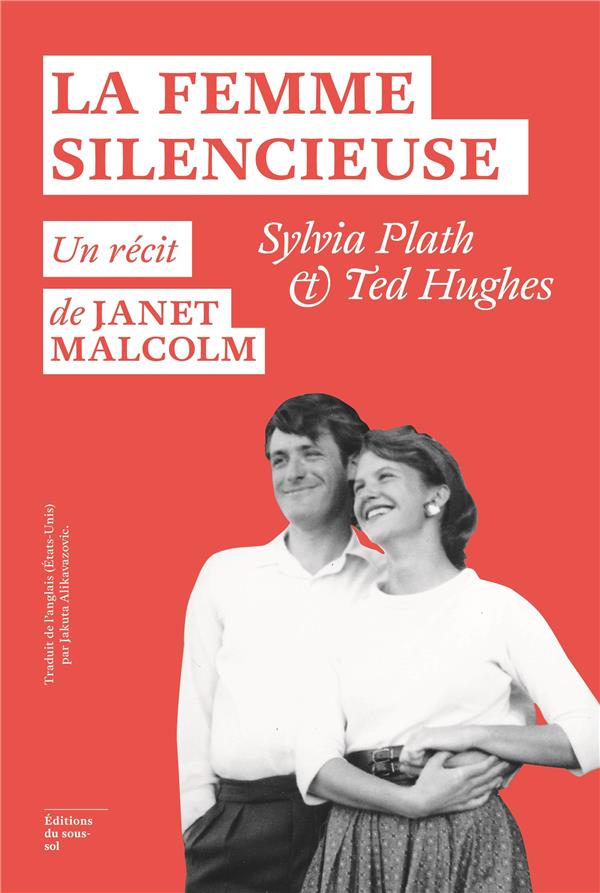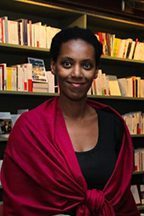La Femme silencieuse : Sylvia Plath et Ted Hughes by Janet Malcolm

What does writing a biography entail? How could one qualify a biographer’s position vis-à-vis their subject? What is the true nature of their involvement? What are their responsibilities? All these questions emerge from Janet Malcolm’s fascinating study of the Sylvia Plath’s myth.
The starting point of La Femme silencieuse is a scandal that teared apart the US/UK literary world following the publication of Bitter Fame, a biography of Sylvia Plath by a scholar of Malcolm’s generation, Anne Stevenson. The literary world split in two camps, pro Sylvia Plath and pro Ted Hughes, with the former reproaching Stevenson with uncommon virulence for having written her biography under the strict control of Olwyn Hughes, Sylvia Plath’s parliamentary executor, who was keen to protect her brother Ted’s reputation.
Among the criticisms levelled at her, the one that dominates is that she wrote a work under Olwyn’s dictation, that she expressed a subjective point of view. And what Janet Malcolm brilliantly proves is that the writing of a biography, however well researched and argued, is always the fruit of subjectivity, and that to deny this is to be blind, not to say intellectually dishonest:
“Biography is the medium through which the remaining secrets of the famous dead are taken from them and dumped out in full view of the world. The biographer at work, indeed, is like the professional burglar, breaking into a house, rifling through certain drawers that he has good reason to think contain the jewelry and money, and triumphantly bearing his loot away.”
But this does not exempt biographical work from the requirement of seriousness. Malcolm’s research into the conditions under which Bitter Fame was written, as well as into Plath’s own work, is as meticulous as it is enthralling, strongly nuancing the role of martyr that would have been hers in her stormy relationship with her parents, then with Ted, and insisting on the strength and violence that run through her poetic and narrative work, and questioning in passing our need for such an Epinal image.
At once a reflection on biographical writing and a literary analysis of Plath’s work, pointing out the weaknesses of certain feminists, La Femme silencieuse is a work with multiple cores, all fascinating, all meticulously exploited. It literally breathes with intelligence.
La Femme silencieuse : Sylvia Plath et Ted Hughes by Janet Malcolm, translated from the English (US) by Jakuta Alikavazovic, les éditions du Sous-Sol


